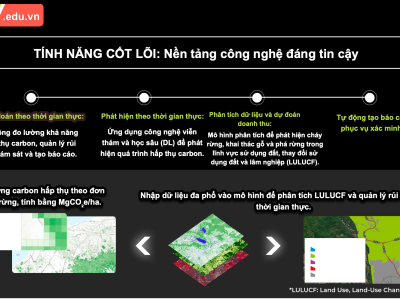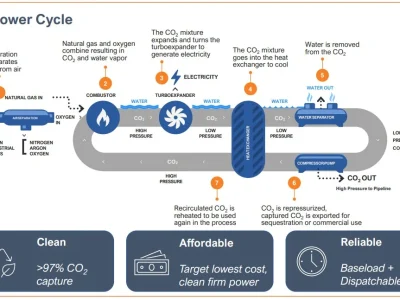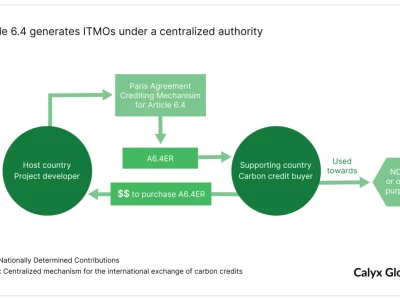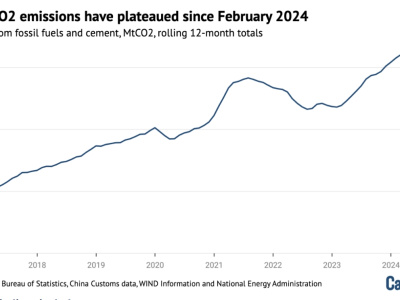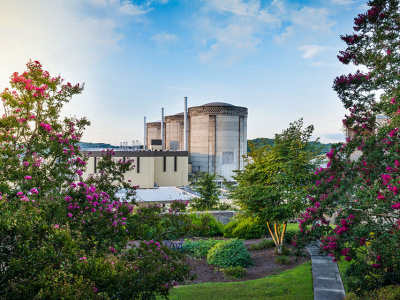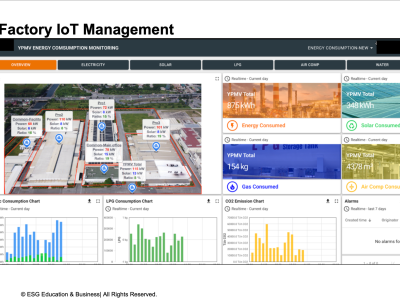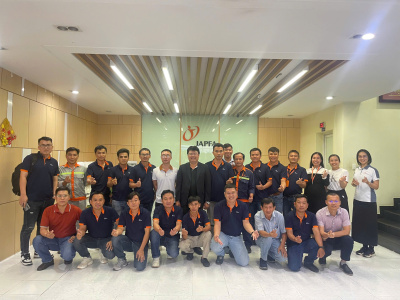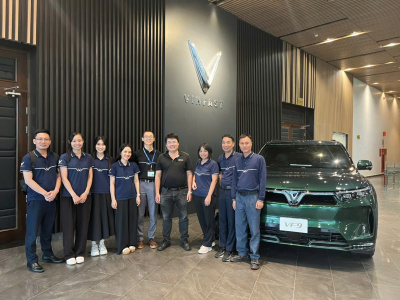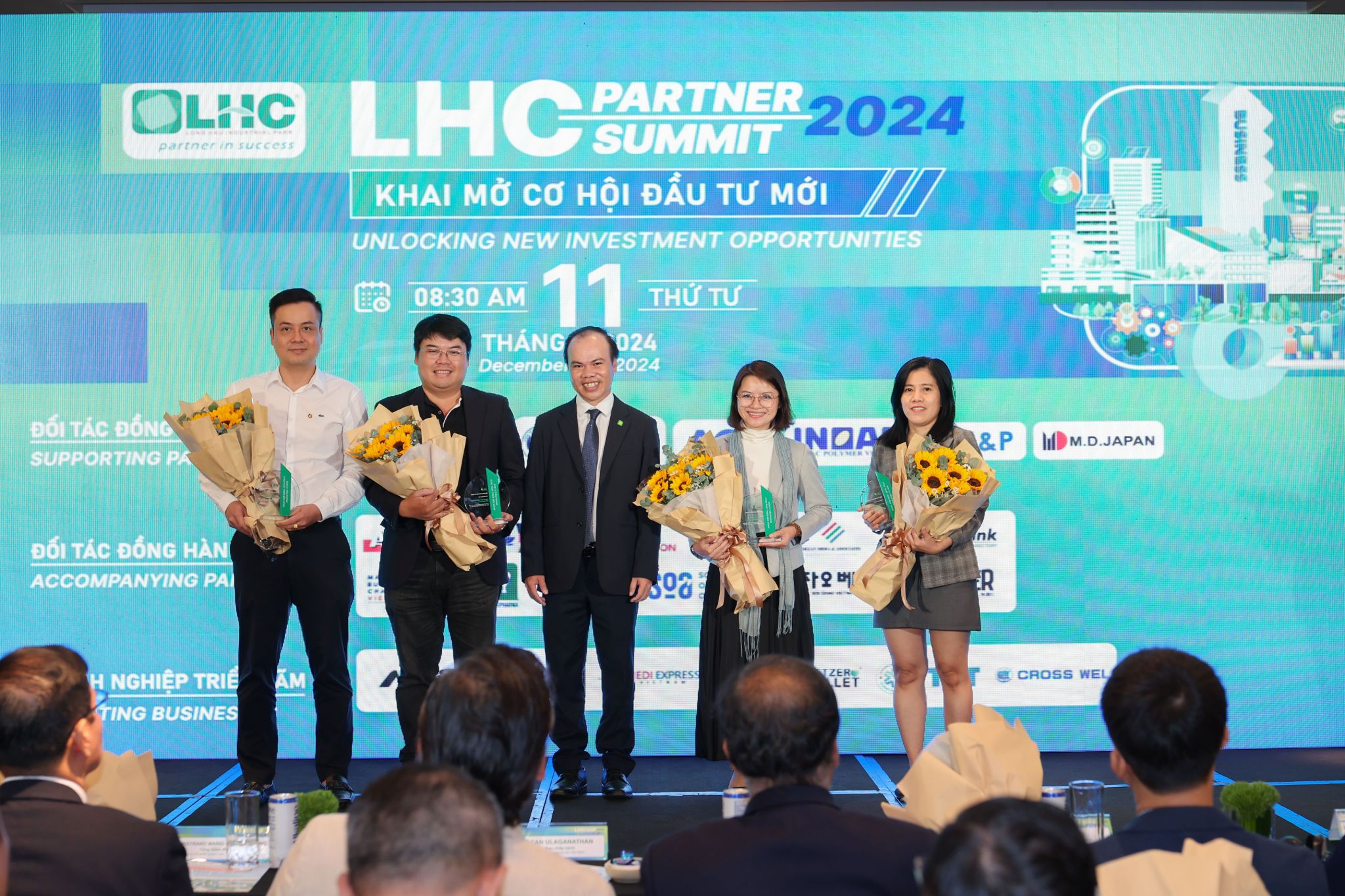 Chuong trinh dao tao
Chuong trinh dao tao
Thanh Hoa promotes green agriculture development, towards a sustainable future
With high determination and methodical steps, Thanh Hoa is showing a strong transformation in the field of agriculture. The integration of “green” elements into the production process not only opens up opportunities to improve the value of agricultural products, protect the environment but also create a sustainable future for the province’s pillar economic sector.
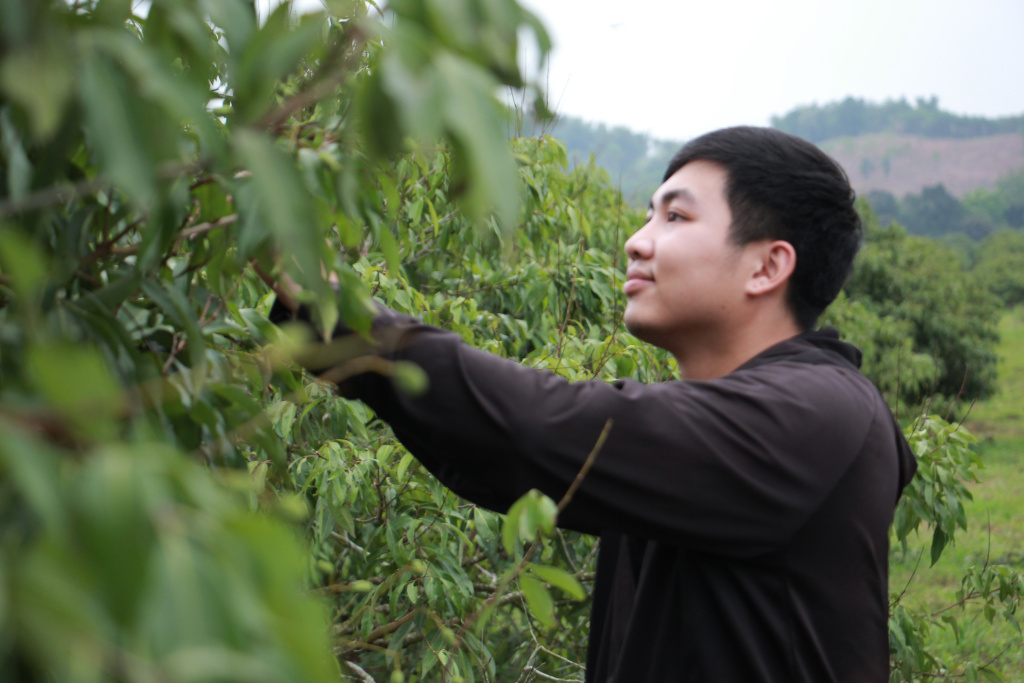
Ho Kiem Ngoc Lychee Farm, one of the pioneering agricultural models applying scientific and technical advances to “green”.
In the face of the increasingly serious impacts of climate change and the urgent requirements for sustainable development, Thanh Hoa has proactively implemented practical solutions to “green” agriculture. The province’s goal is not only to improve productivity and product quality, but also to achieve an environmentally friendly agriculture that effectively adapts to climate change and brings long-term benefits to the community.
One of the outstanding steps is to expand the cultivation area according to green standards. According to the plan, by 2030, Thanh Hoa aims to have 50,000 hectares of agricultural land certified by VietGAP or cultivated by organic methods. The specific roadmap starts from 2025 with 200 hectares. In fact, up to now, the province has more than 15 hectares of certified organic crops and nearly 6,000 hectares of organic production, creating a solid foundation for the set goal.
In addition, the application of science and high technology is considered the key to promoting the “greening” process. Thanh Hoa is actively applying modern technologies such as satellites, remote sensing, geographic information systems (GIS), and global positioning (GPS) in the management and use of land and water resources. In addition, QR codes are used for product traceability, supply chain transparency, and enhancing brand value. These technologies help optimize resources, reduce waste, and improve production efficiency. At the same time, the province promotes technology transfer to farmers, cooperatives and enterprises; combining digital transformation in research and production, helping people easily access advanced farming methods.
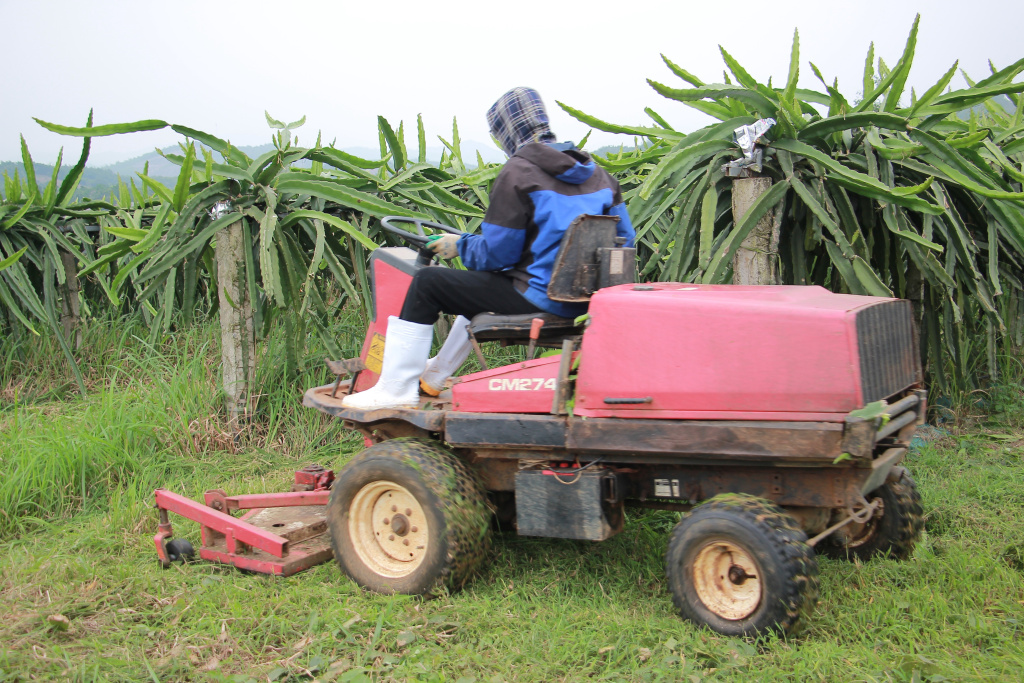
Currently, many enterprises and agricultural cooperatives in the province have invested in equipment for mechanization in production
A notable bright spot is the pilot and development of the carbon credit market. In 2024, Thanh Hoa has implemented a project to create carbon credits in rice production in Yen Phong commune (Yen Dinh district) with more than 90 hectares, helping to reduce 4.84 tons of CO₂/ha. The plan is to expand to 1,200 hectares in the spring 2025 crop, and further to 50,000 hectares by 2030. At the same time, Thanh Hoa is cooperating with Japan to implement the project “Reducing greenhouse gas emissions and building carbon credits in rice production” lasting until 2033. The replication of this model not only brings new income to farmers but also contributes to the country’s joint efforts in responding to climate change.
In the field of livestock, the province has built sustainable chains with the participation of many large enterprises such as Japfa, Vietnam Joint Stock Company, Mavin, DABACO… These chains not only help ensure stable output but also contribute to improving productivity, product quality, reducing pollution and developing livestock in a circular direction.
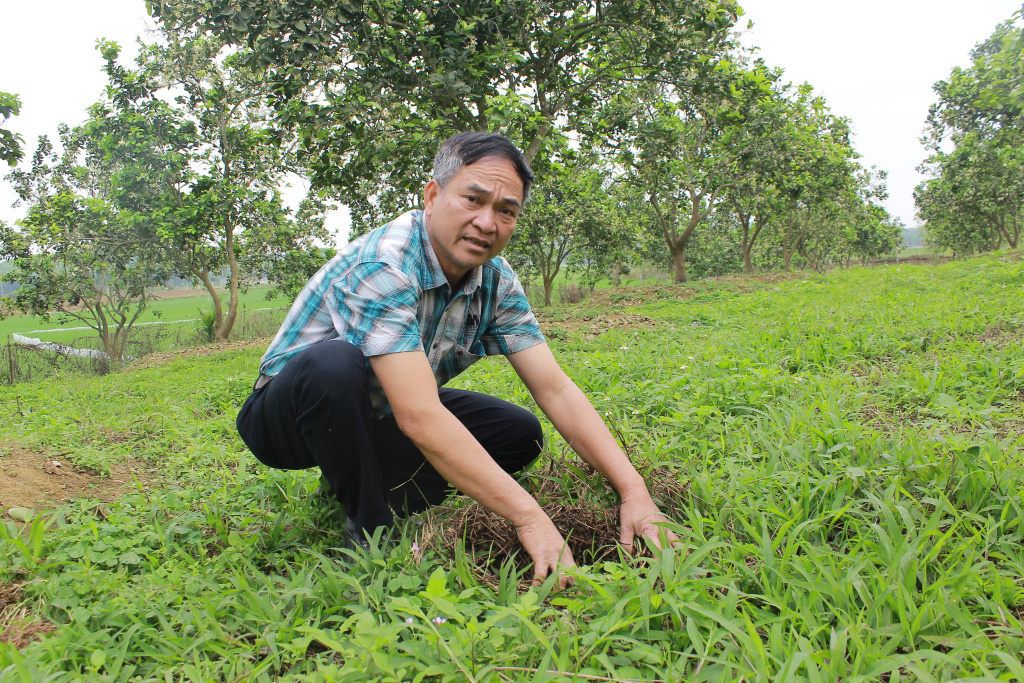
Mr. Le Xuan Hoang’s organic standard pomelo farm (Ngoc Phung, Thuong Xuan) has become a tourist and learning destination for farmers inside and outside the province.
Along with that, Thanh Hoa has issued sustainable forest management certificates for more than 36,400 hectares of forest, promoting the protection of natural resources and the development of a green forestry economy. In aquaculture, the province is transforming the shrimp farming model to indoor greenhouses and net houses (about 220 hectares) with high productivity, and at the same time promoting fish farming with HDPE cages on reservoirs – a sustainable direction in the conditions of climate change.
Fully aware of the role of cooperation and linkage in sustainable development, Thanh Hoa is also actively building green agricultural product value chains. The synchronization from production to consumption helps improve product value, ensuring stable output for farmers. At the same time, the province focuses on building brands, promoting green agricultural products and finding sustainable consumption markets, expanding long-term development opportunities for the agricultural industry.
With a strategic orientation and synchronous solutions, Thanh Hoa is gradually realizing the goal of building a green, sustainable and efficient agriculture. This is not only a change in production methods but also a fundamental change in development thinking, towards a harmonious future between economic growth and environmental protection.


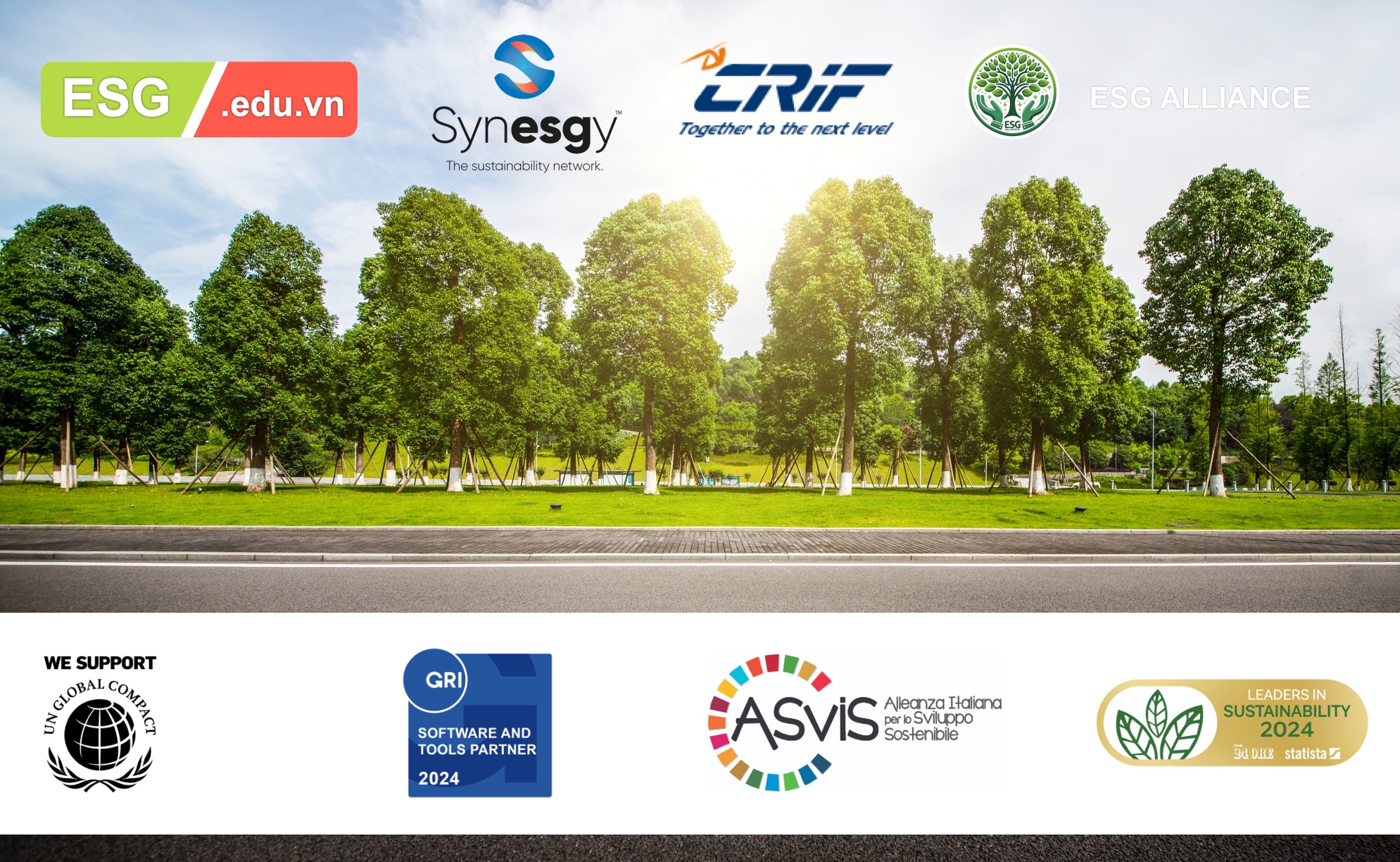








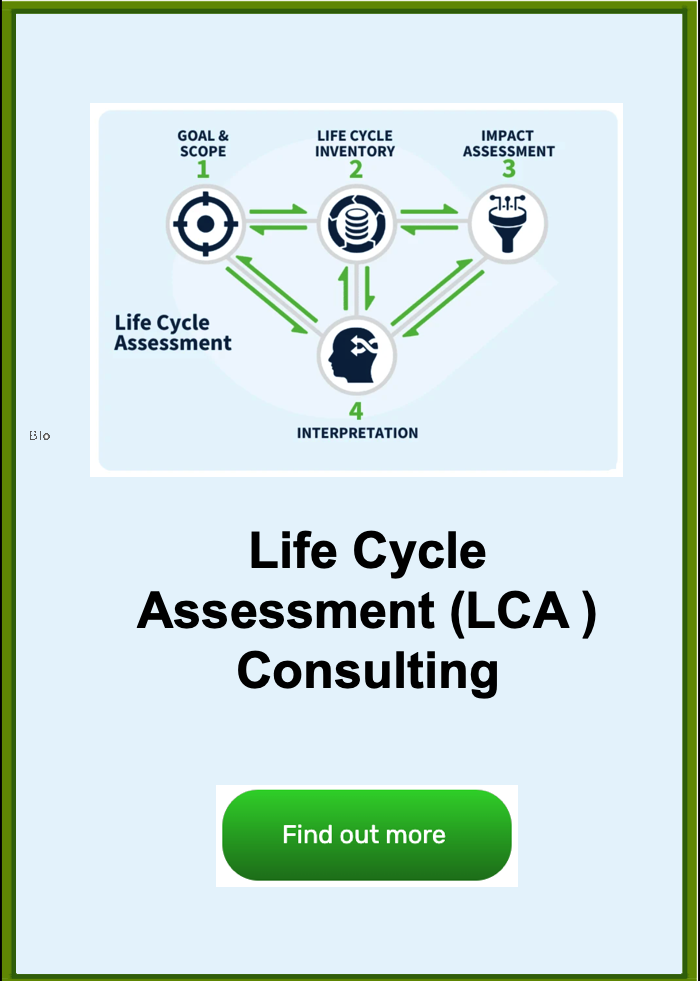
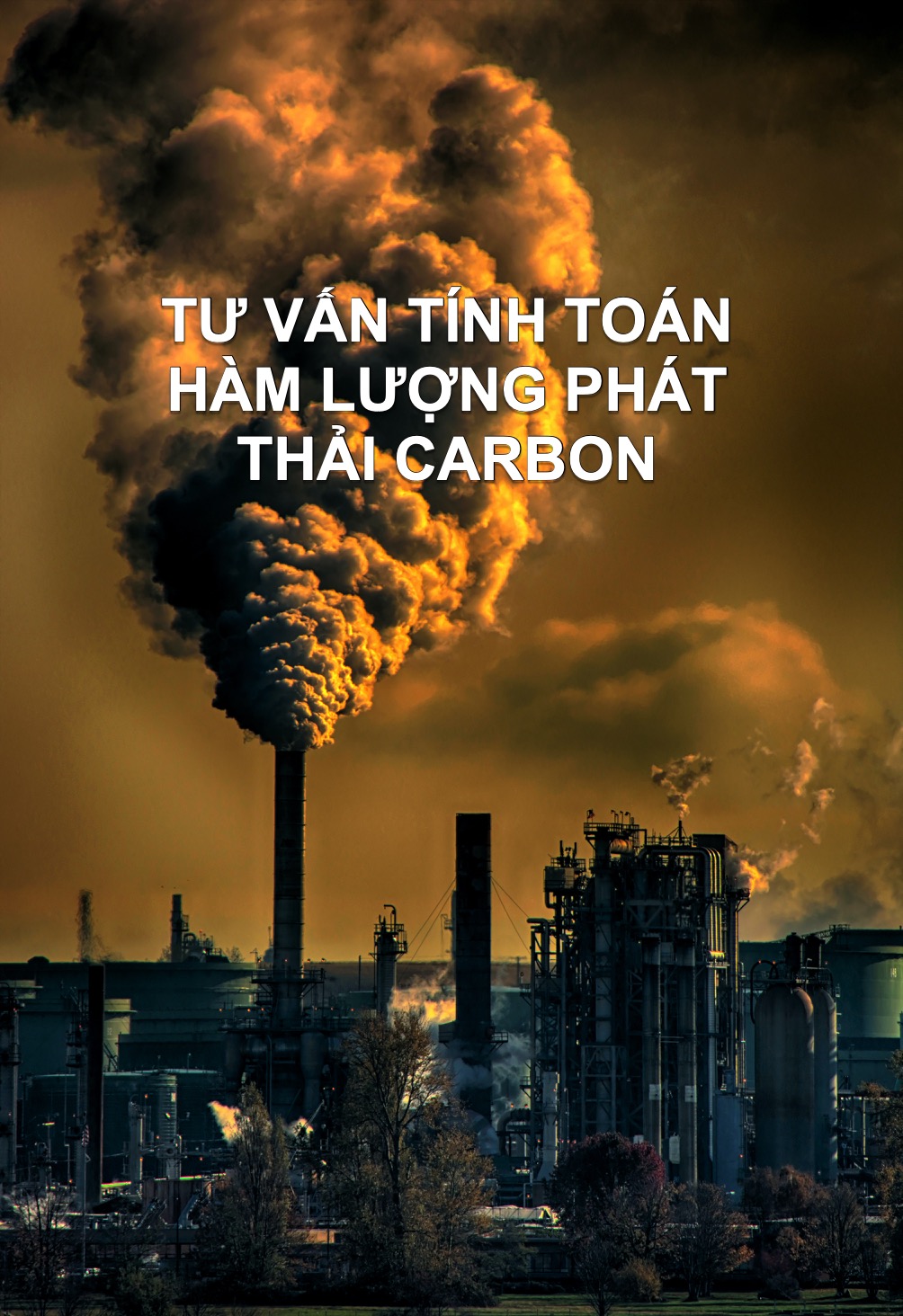
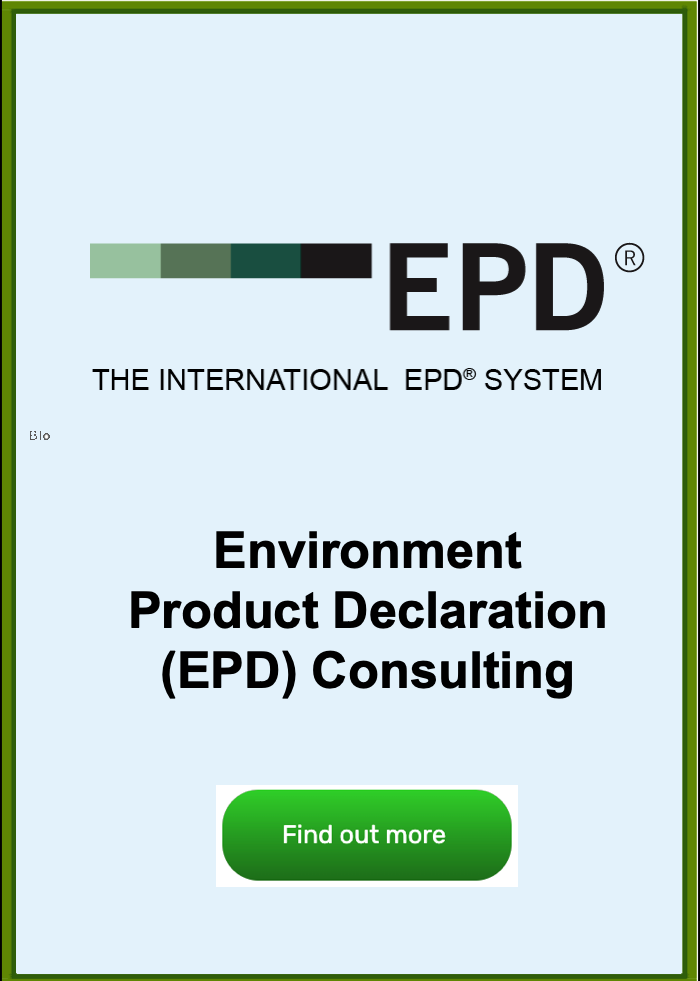
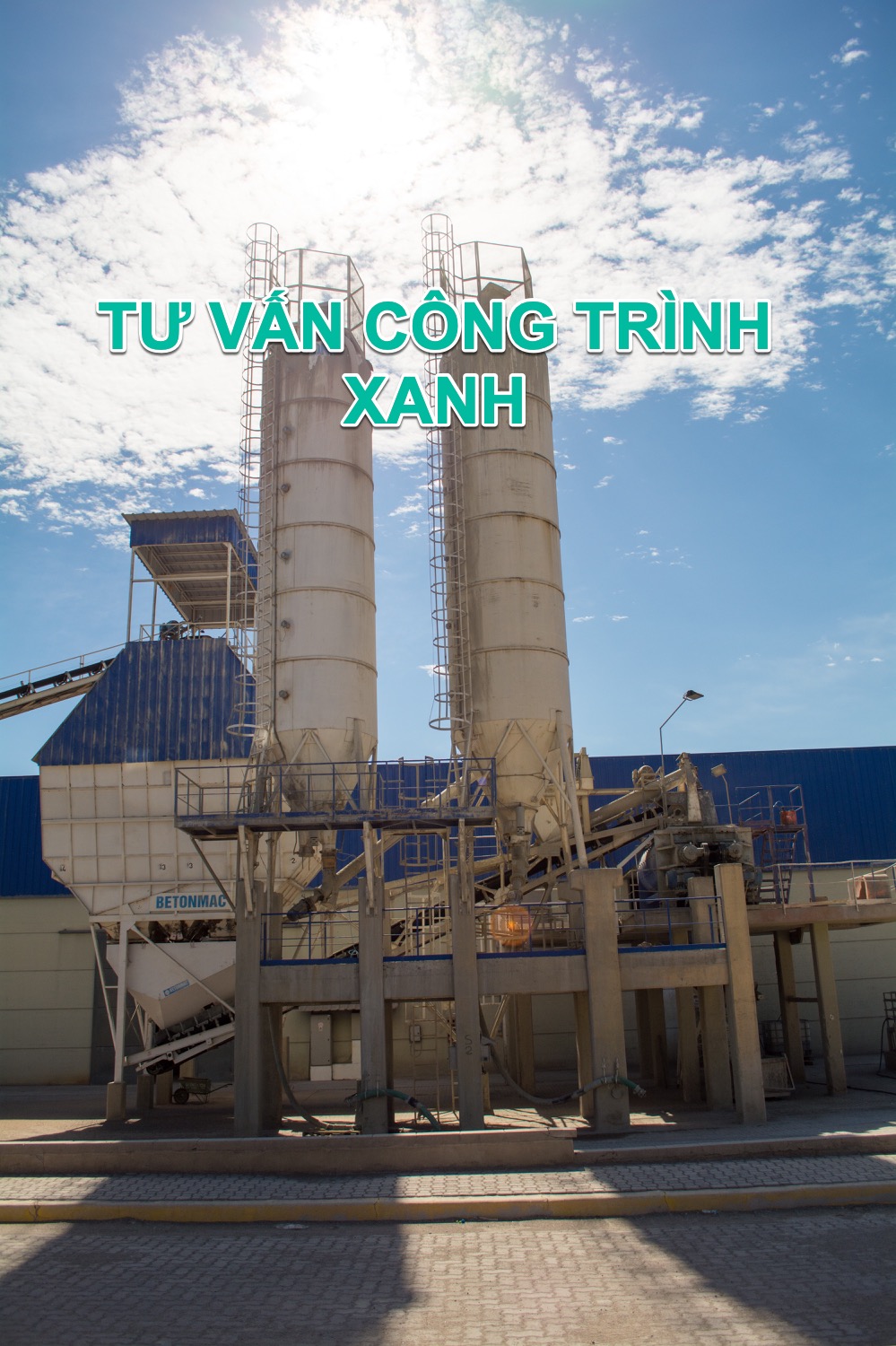
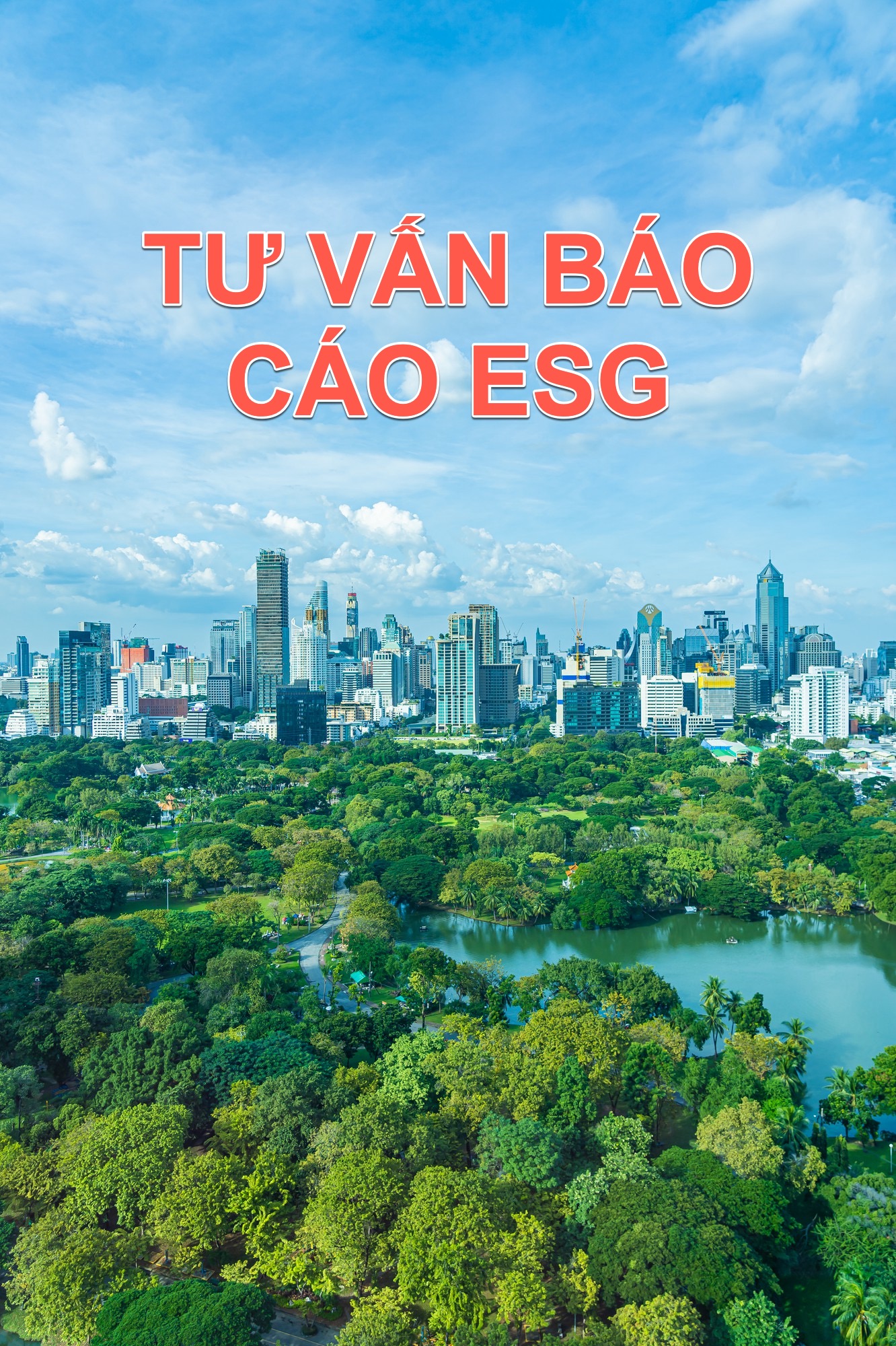
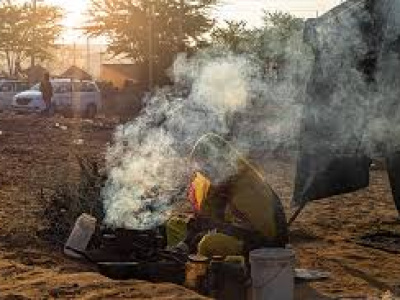
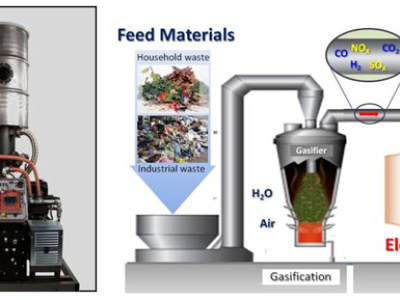
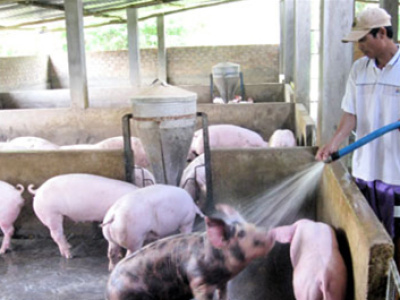
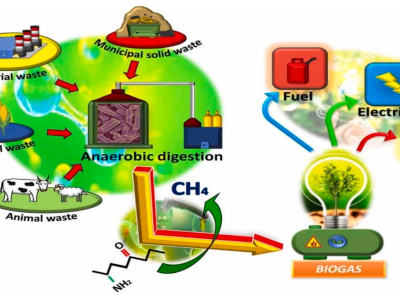
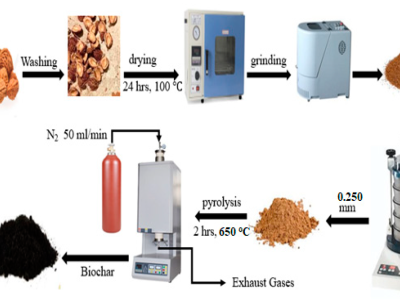
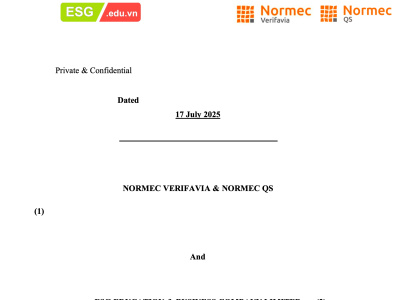
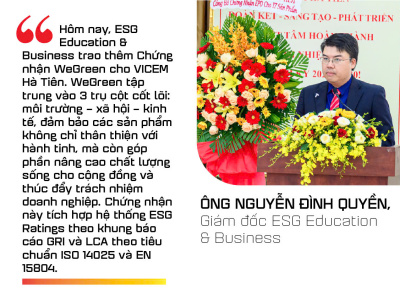
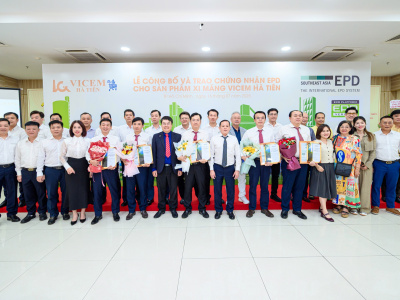
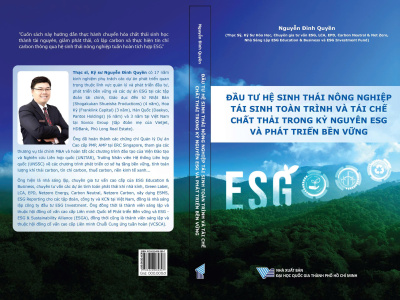
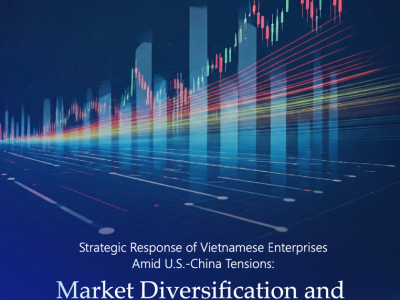
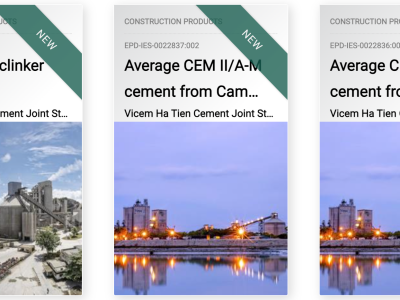
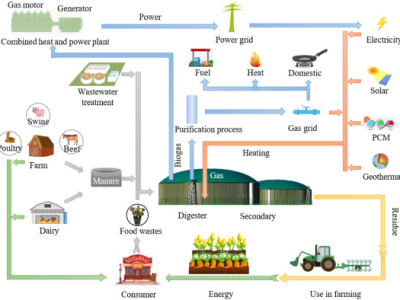
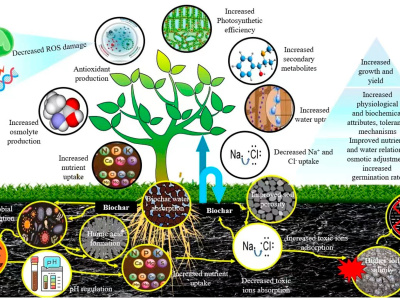
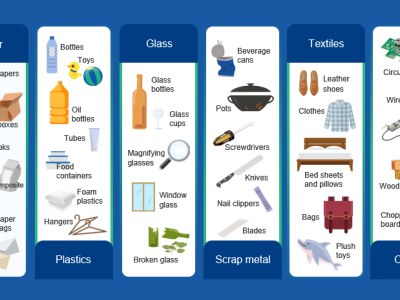
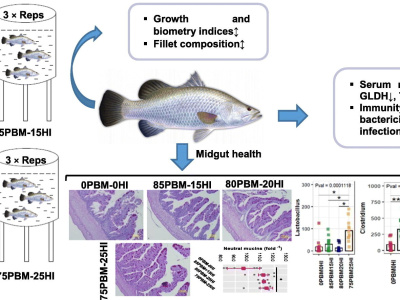
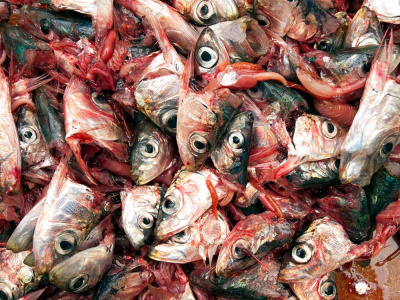
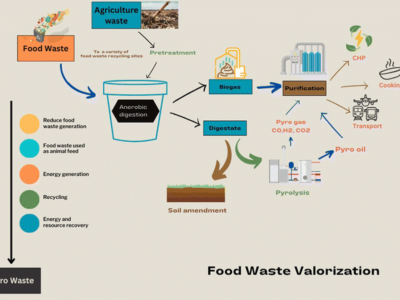
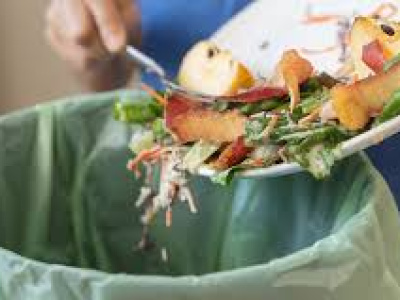
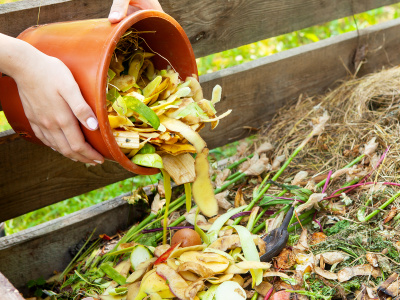
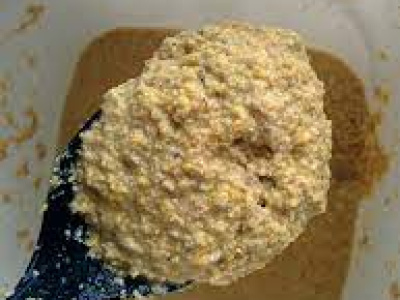
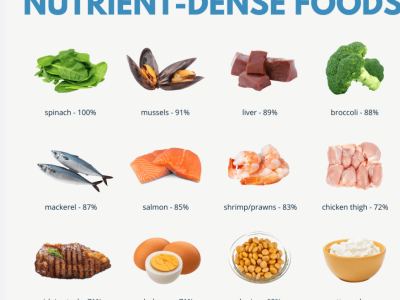
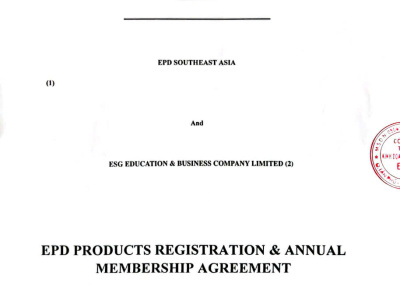
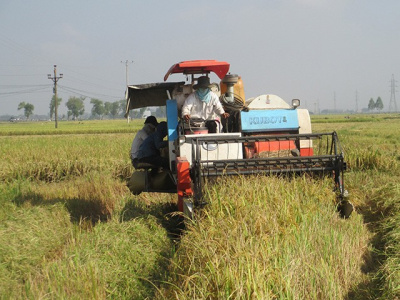
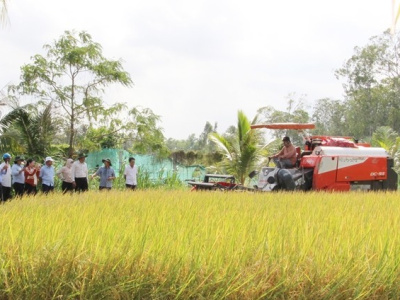
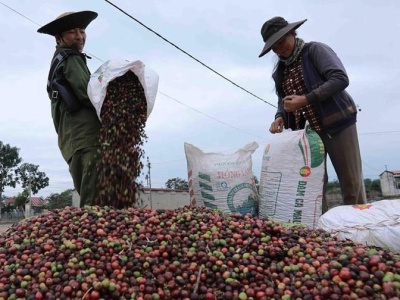
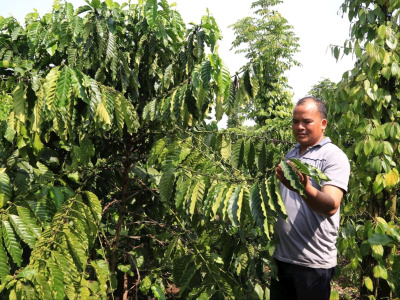
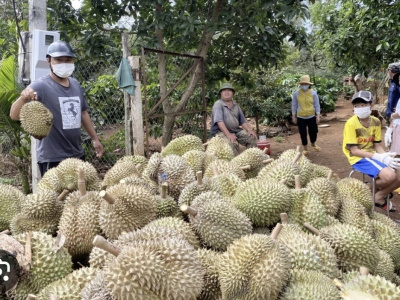
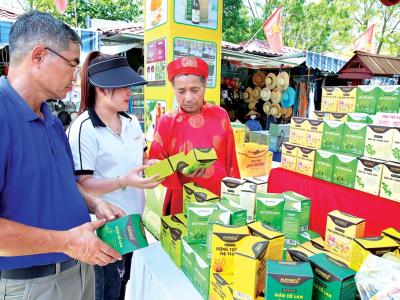
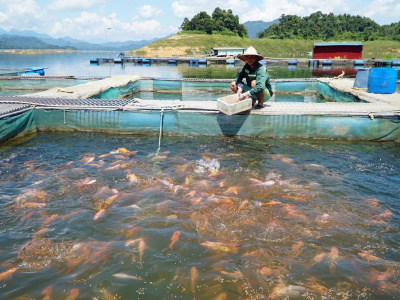
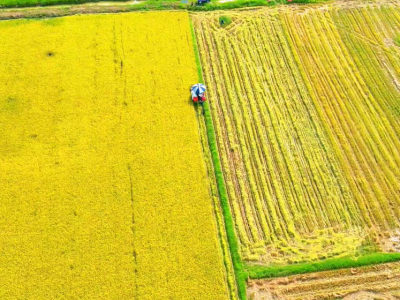
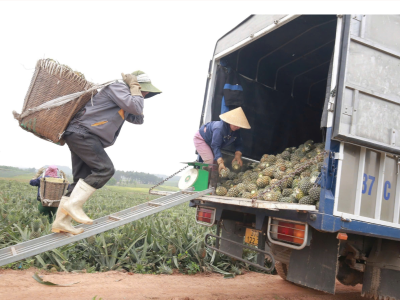
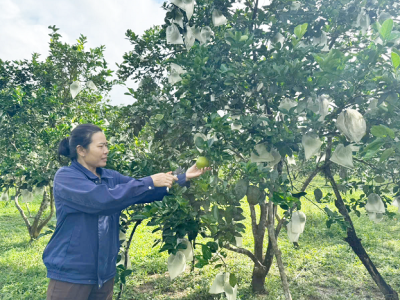
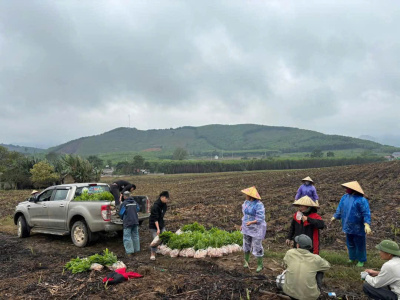
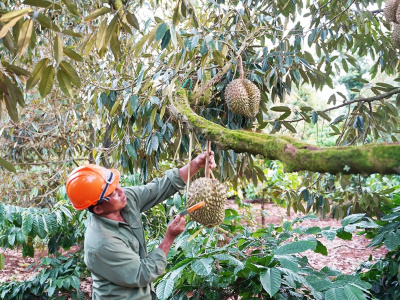
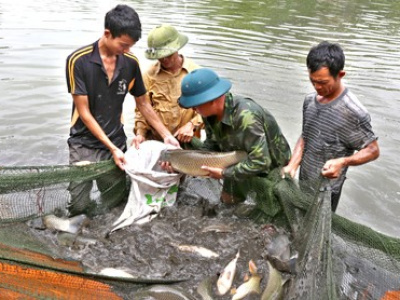
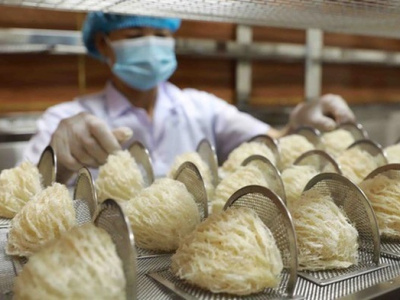
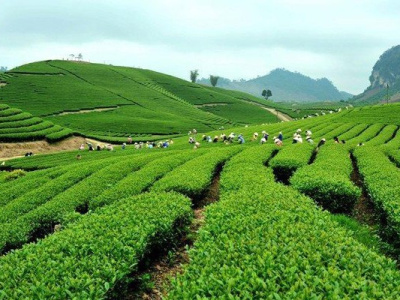
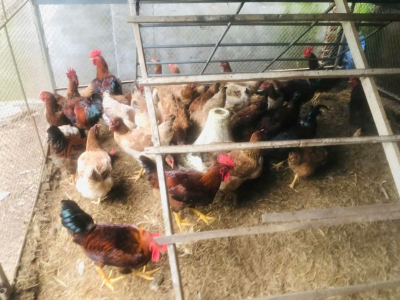
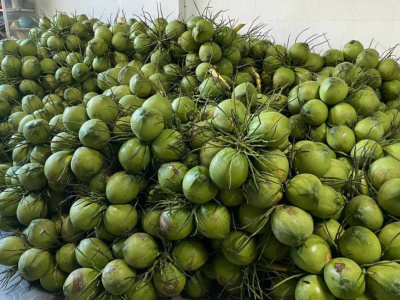
![NGUYỄN ĐÌNH QUYỀN [VN]](https://aseanfarmers.com/wp-content/uploads/NGUYEN-DINH-QUYEN-VN-400x300.png)
